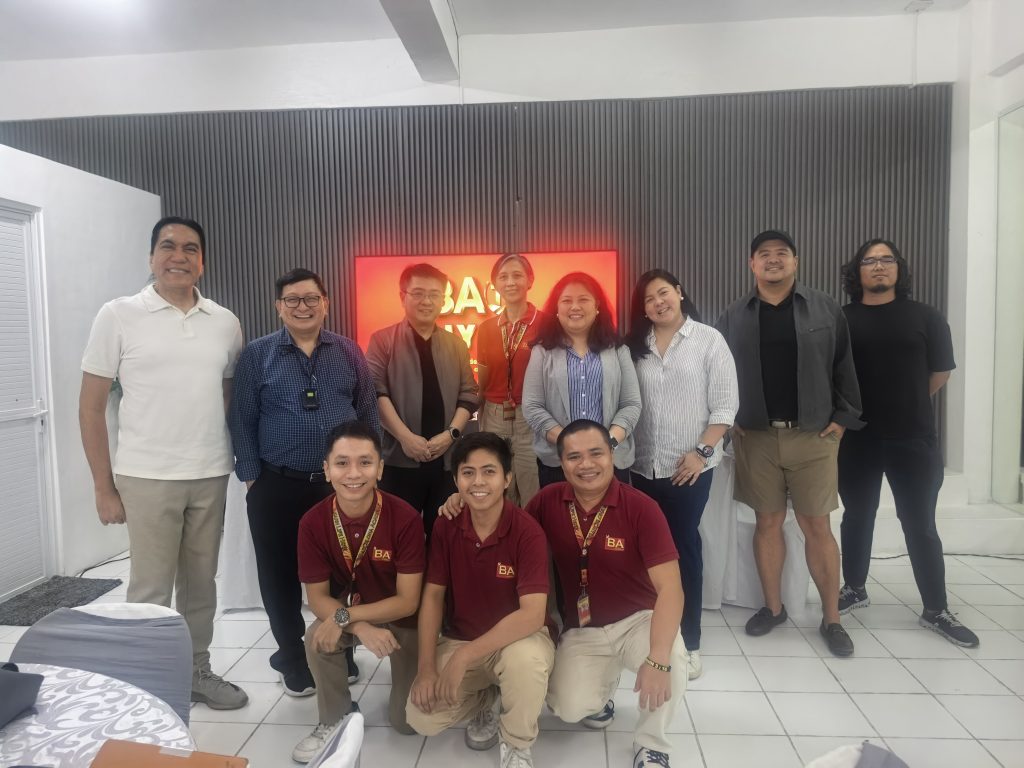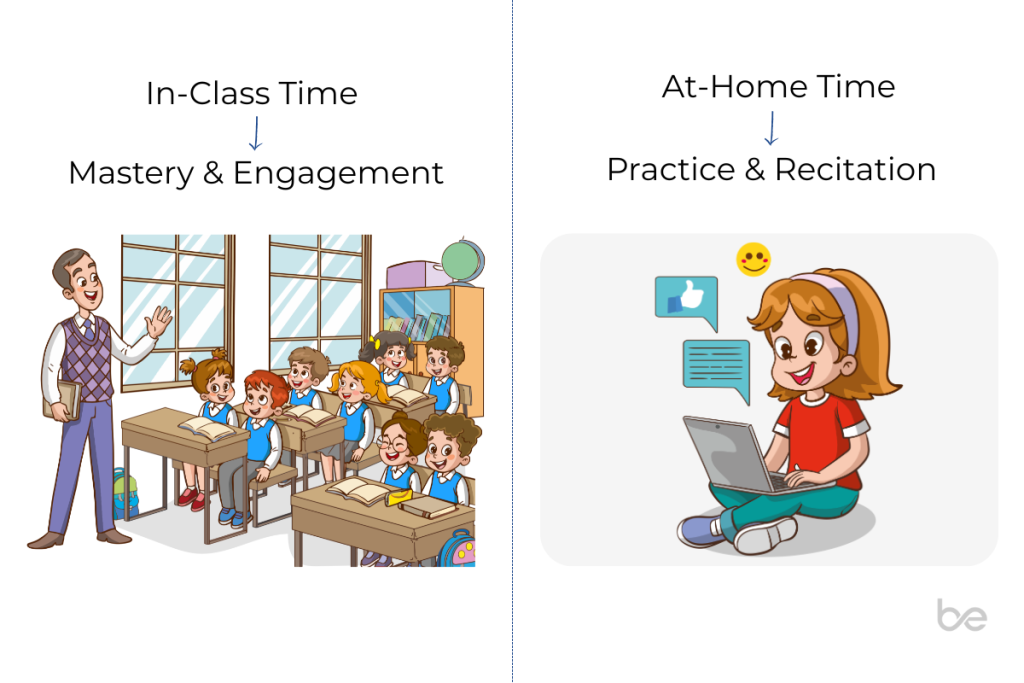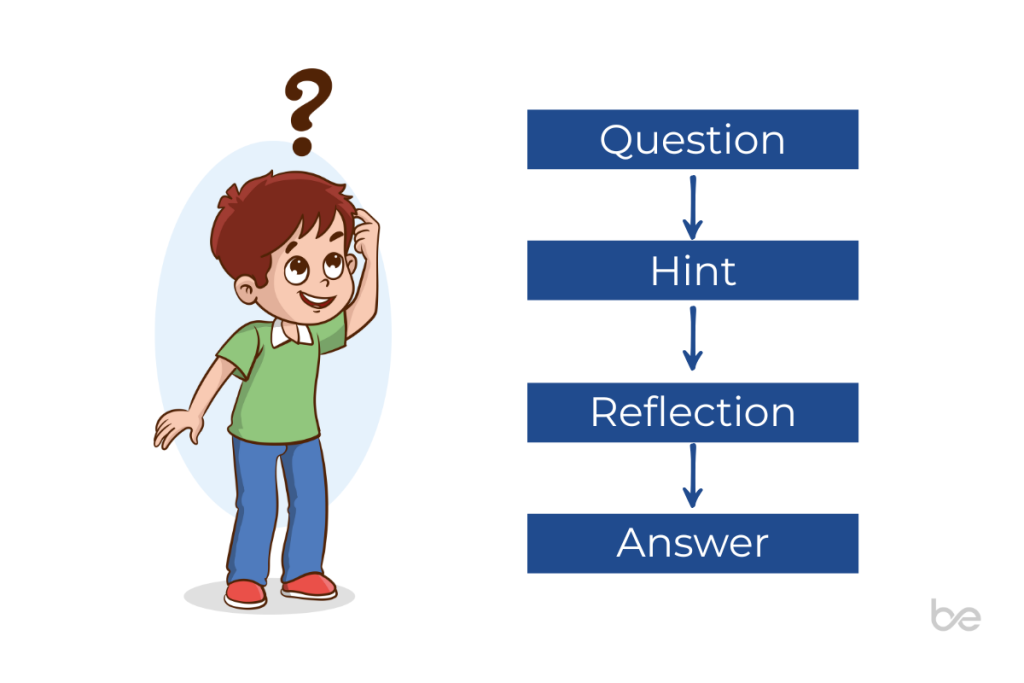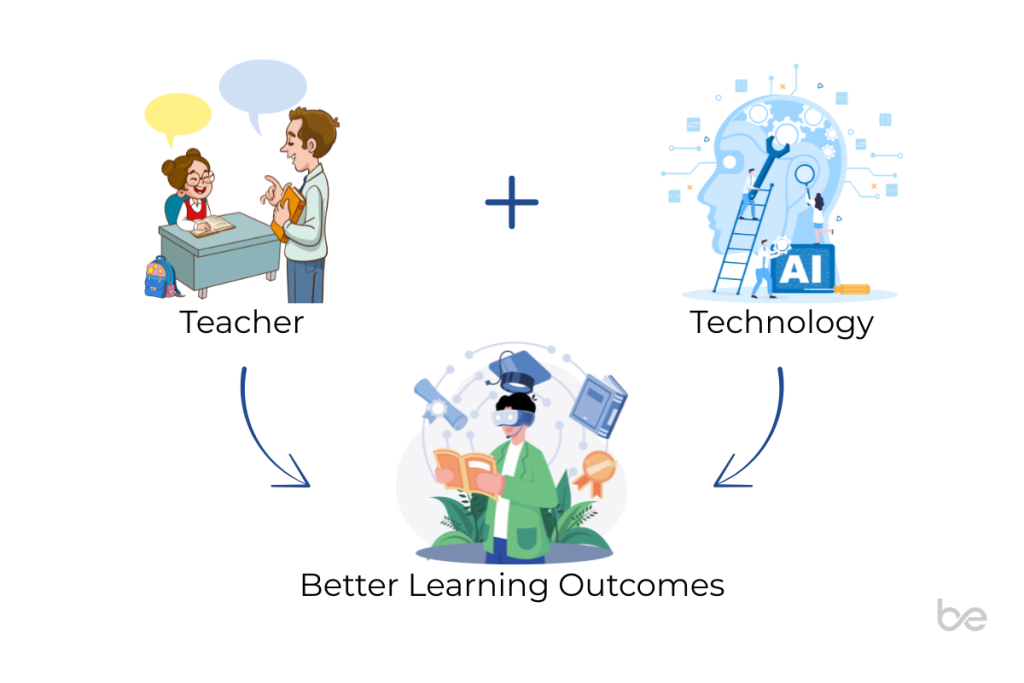better-ed continues its mission to transform classrooms into spaces where learning is heard, not just measured. Recently, we had the opportunity to collaborate with Barcelona Academy in Bulacan, where we conducted a live demo with their teaching staff. The session gave educators a chance to experience firsthand how voice-based AI oral assessment can reshape the way students learn, review, and participate in lessons.
Two of their teachers—Teacher Angelo, Mathematics Subject Coordinator, and Mr. Alfie Undan Jr., Science Teacher—shared powerful testimonials about their experience with better-ed. Their insights highlight both the immediate and future impact of AI-powered oral assessments in education.

From Recitation to Oral Assessment Beyond the Classroom
Teacher Angelo, who handles Mathematics 9 and senior high STEM subjects, explored how better-ed could extend classroom practices like recitation into a student’s own time and space.
“The first benefit I saw for the student is the frequent recitation that should happen in our classroom. I saw that it can now happen at home. The learner is there, facing their device, and better-ed will assess if they truly learned during our discussion.”
This shift allows teachers to maximize limited classroom time—reserving face-to-face hours for mastery, interactive activities, and deeper engagement. Routine assessments, on the other hand, can be moved outside class, giving students the chance to practice at their own pace and comfort.

Voice Conversations that Feel Natural
One of the standout features for Teacher Angelo was better-ed’s voice conversation capability. The system not only recognized spoken responses accurately but also generated meaningful follow-up questions.
“It responds well and gives follow-up questions that truly lead me, as a user, to answer correctly the original questions given by the teacher.”
This conversational approach helps recreate the dynamics of a live exchange, where understanding is tested not by multiple-choice answers, but by a learner’s ability to explain concepts in their own words.
Guiding Students to the Answer
For Science Teacher Mr. Alfie Undan Jr., the most valuable aspect of better-ed was how it scaffolds learning by offering hints instead of direct answers.
“It guides the student to answer in case the child forgot. It gives hints. It doesn’t give the answer right away… I was the one who still got the answer.”
This design ensures that students engage in active recall, strengthening their memory and comprehension. Instead of simply receiving the correct response, they work through their understanding step by step—a key to long-term retention.

Reinforcing Lessons and Building Confidence
Another challenge teachers often face is student hesitation. Many learners are shy to ask questions in class or hesitant to volunteer answers. Better-ed provides a safe, private space where students can review lessons and practice without the fear of embarrassment.
“It’s a big help because it will help us reinforce the lessons… at home during their free time, it will help us assess if they still remember the lesson we taught them.” — Mr. Alfie
By reducing the pressure of real-time classroom recitation, students can build confidence gradually, which in turn makes classroom participation more meaningful.
A True Teacher–Technology Partnership
Perhaps most importantly, both teachers emphasized that better-ed isn’t designed to replace educators—it’s a tool that works alongside them.
“We still have the ability to edit and put in our own content. It’s a partnership between technology and the teacher.” — Mr. Alfie
This partnership ensures that AI remains guided by human judgment and contextual expertise. Teachers maintain control over lesson direction, while better-ed enhances learning through conversational assessments, insights, and engagement tools.

Why This Collaboration Matters
The experience at Barcelona Academy shows the potential of AI in education when it is introduced thoughtfully and ethically. From creating more space for interactive learning to empowering shy students, better-ed is proving to be a tool that bridges classroom needs with real-world student behaviors.
Our collaboration is a step toward reimagining what education can look like in Philippine schools—and we’re excited to see more teachers and students benefit from conversational, voice-based assessments.
Conclusion: The Future Is Heard
The feedback from Barcelona Academy reinforces better-ed’s core belief: learning isn’t just about measuring answers, it’s about hearing understanding.
By bringing recitations home, guiding students toward answers, and giving teachers more room for creativity in class, better-ed is shaping a future where education is more engaging, inclusive, and effective.
About better-ed
better-ed is an AI-powered education platform developed by Predictive Systems Inc., designed to make oral assessments more scalable, equitable, and data-driven. With features like offline AI processing, customizable rubrics, and speech-to-text analysis, better-ed empowers teachers to focus on meaningful feedback and student growth. Your data. Your AI. Your way.If your school or institution is interested in exploring AI-powered oral assessments, contact Predictive Systems Inc. to schedule a live demo. Visit better-ed’s website to learn more.